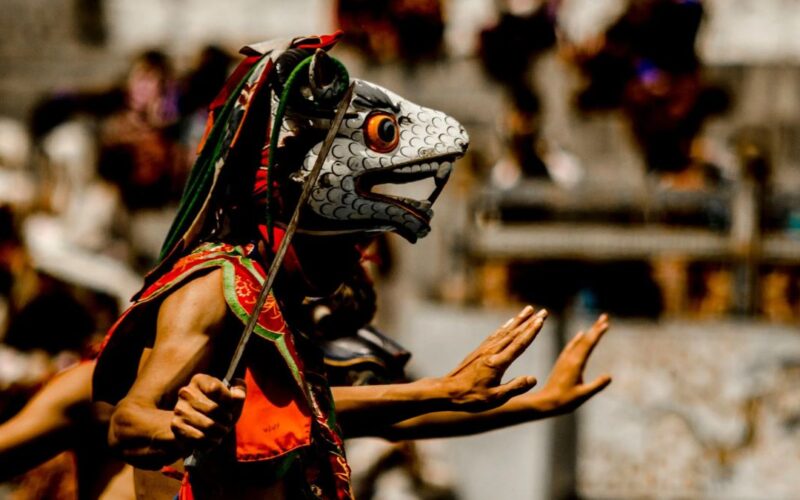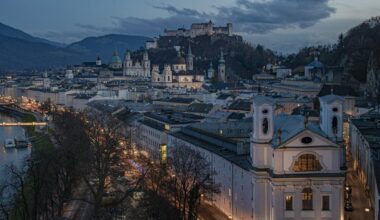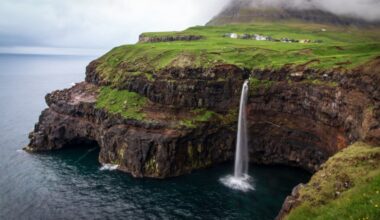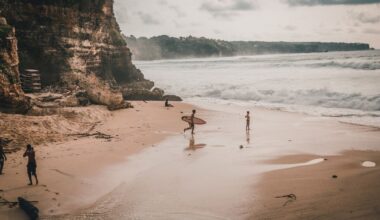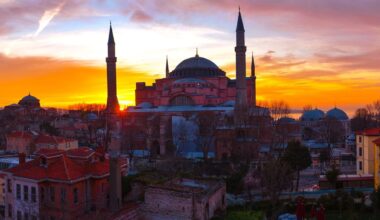Bhutan, nestled in the eastern Himalayas, is renowned for its breathtaking mountain scenery and rich Buddhist culture. The country is also known for its unique philosophy of Gross National Happiness (GNH), prioritizing well-being over material wealth. From the majestic peaks of the Himalayas to the vibrant festivals and ancient monasteries, Bhutan offers a transformative experience for travelers seeking a glimpse into a sustainable and spiritually-grounded society. Dive into this guide to explore various travel styles, must-visit destinations, fascinating cultural aspects, and practical information to plan your Bhutanese adventure, keeping in mind the country’s unique sustainable tourism practices.
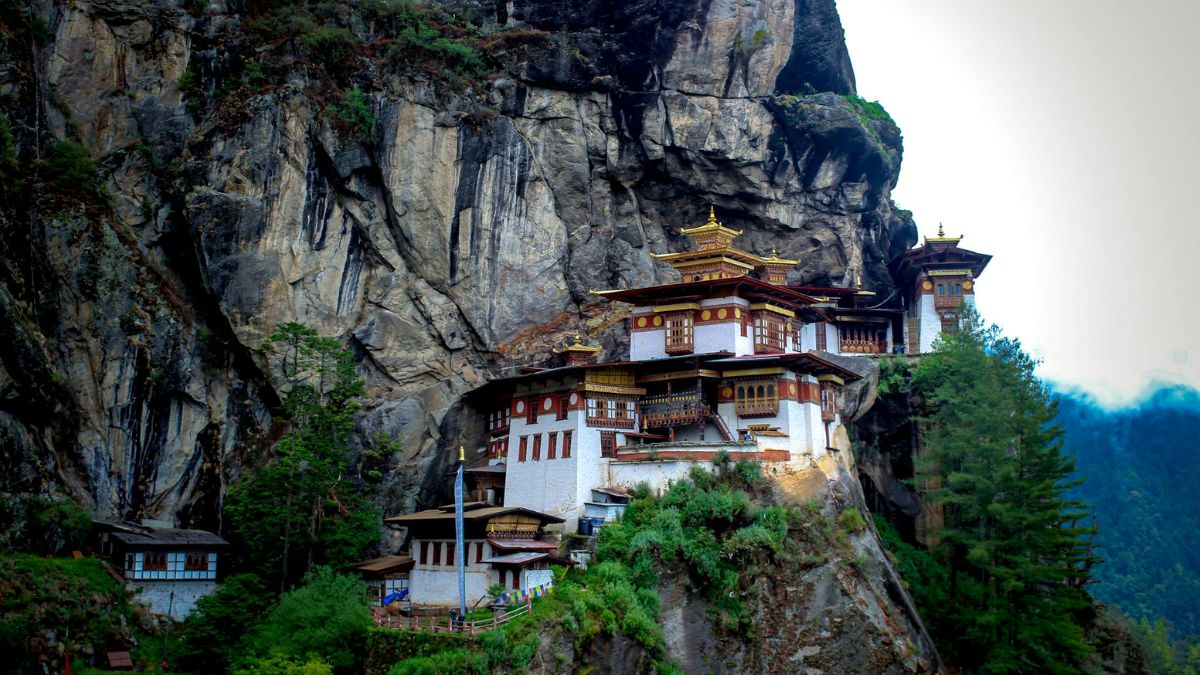
Travel Styles
Cultural Explorer: Delve into Bhutan’s rich Buddhist heritage by exploring magnificent dzongs (fortress-monasteries) like Paro Dzong and Punakha Dzong, witnessing the vibrant Thimphu Tshechu festival, and participating in meditation sessions at monasteries nestled amidst breathtaking landscapes.
Adventure Seeker: Embark on challenging treks through the Himalayas, conquering the iconic Jomolhari Trek or the scenic Druk Path Trek, experiencing the thrill of white-water rafting on the Mo Chhu River, and exploring hidden glacial lakes like Chele La Pass.
Nature Lover: Hike through pristine national parks like Jigme Dorji National Park, spot diverse wildlife like takins and red pandas, immerse yourself in the beauty of rhododendron forests, and connect with the serene natural environment of Bhutan.
Off-the-Beaten-Path: Venture beyond popular tourist destinations. Explore the remote and charming town of Jakar in Bumthang valley. It is known for its rich history and cultural significance. Discover the hidden gem of Phobjikha Valley, a winter habitat for endangered black-necked cranes. You can also delve into the untouched beauty of the Lhuntse district, known for its distinctive weaving tradition.
Family Fun: Explore the National Folk Heritage Museum in Thimphu, embark on a family-friendly hike through the Dochula Pass, witness the intricate mask dances during Tsechu festivals, and participate in interactive workshops on traditional Bhutanese crafts like archery and thangka painting.
Wellness Retreat: Immerse yourself in the tranquility of a mindfulness retreat, practice yoga amidst breathtaking mountain landscapes, visit natural hot springs for a rejuvenating experience, and learn about traditional Bhutanese healing practices based on holistic principles.
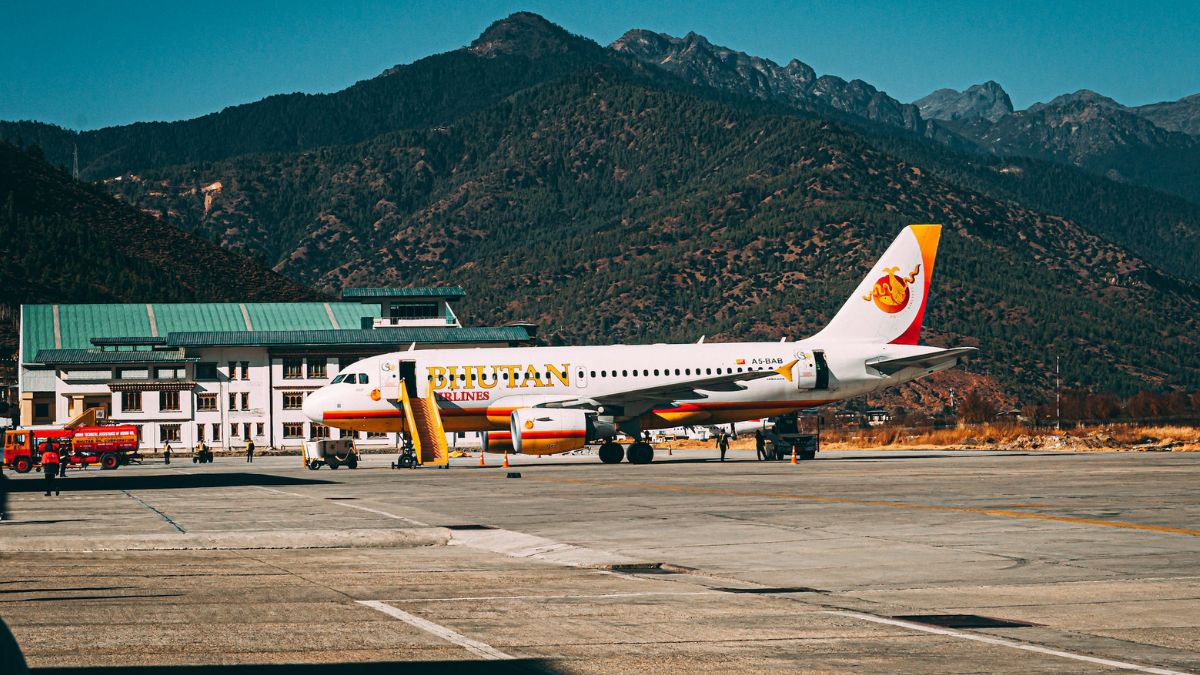
Destinations & Activities
Paro: Explore the Paro Valley, home to Paro Dzong, witness the iconic Tiger’s Nest Monastery perched precariously on a cliffside, and embark on scenic hikes to breathtaking vantage points.
Thimphu: Visit the bustling capital city, explore the National Folk Heritage Museum, witness the vibrant Thimphu Tshechu festival known for its masked dances, and immerse yourself in the unique local culture.
Punakha: Explore Punakha Dzong, the winter residence of the Je Khenpo (spiritual leader), witness the Punakha Drubche festival, and enjoy breathtaking views of the Punakha Valley.
Bumthang: Explore the Jakar Dzong, visit Jambay Lhakhang, one of the oldest monasteries in Bhutan, discover the legend of the Burning Lake (Mebartsho), and experience the distinct culture of the eastern region.
Jomolhari Trek: Embark on a challenging yet rewarding trek through the Himalayas, witness the majestic peaks of Jomolhari (7,326 m) and Jichu Drake (6,989 m), and experience the diverse flora and fauna of the region.
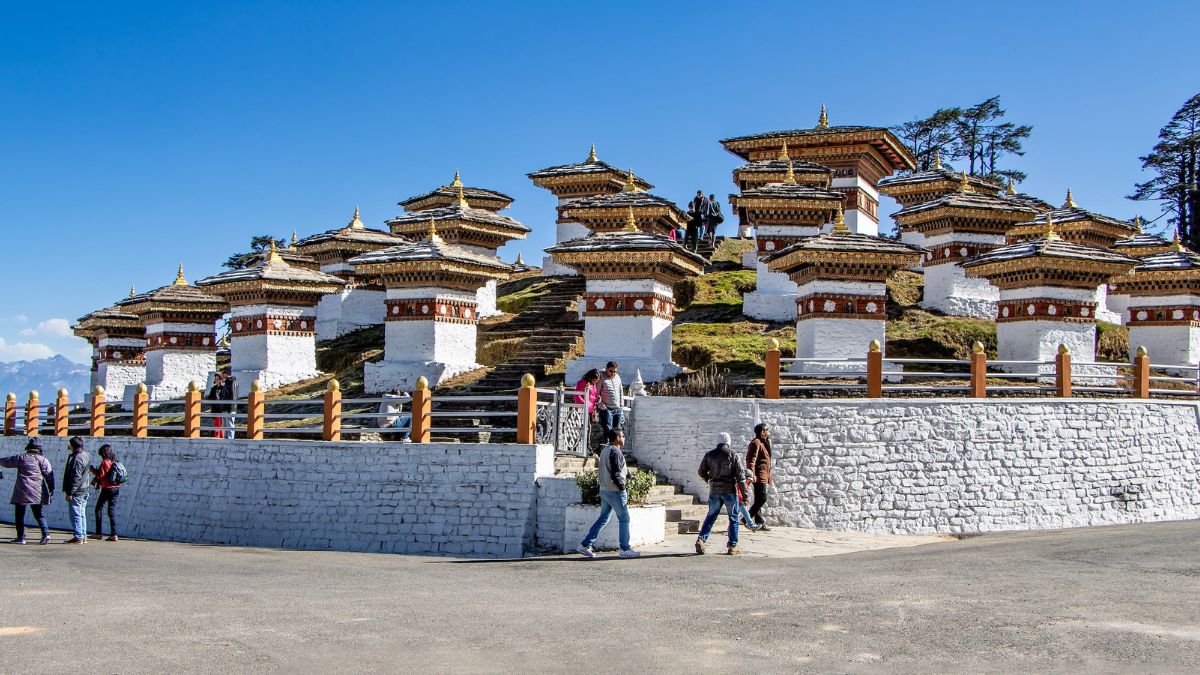
Cultural Aspects
Gross National Happiness (GNH): Bhutan prioritizes well-being over material wealth, reflected in its philosophy of GNH. Be mindful of this unique approach to development and respect the country’s focus on sustainability and cultural preservation.
Respectful Interaction: Bhutanese culture emphasizes courtesy and respect. Dress modestly when visiting religious sites, refrain from smoking in public places, and be mindful of local customs and traditions.
Festivals: Immerse yourself in the vibrant festivals like Tsechu, showcasing colorful masked dances, traditional music, and religious significance. These festivals offer a window into Bhutan’s rich cultural heritage.
Sustainability: Responsible tourism is vital in Bhutan. The country implements a Sustainable Development Fee, and tourist numbers are strictly controlled to minimize environmental impact. Be a responsible traveler by minimizing your footprint and respecting local regulations.
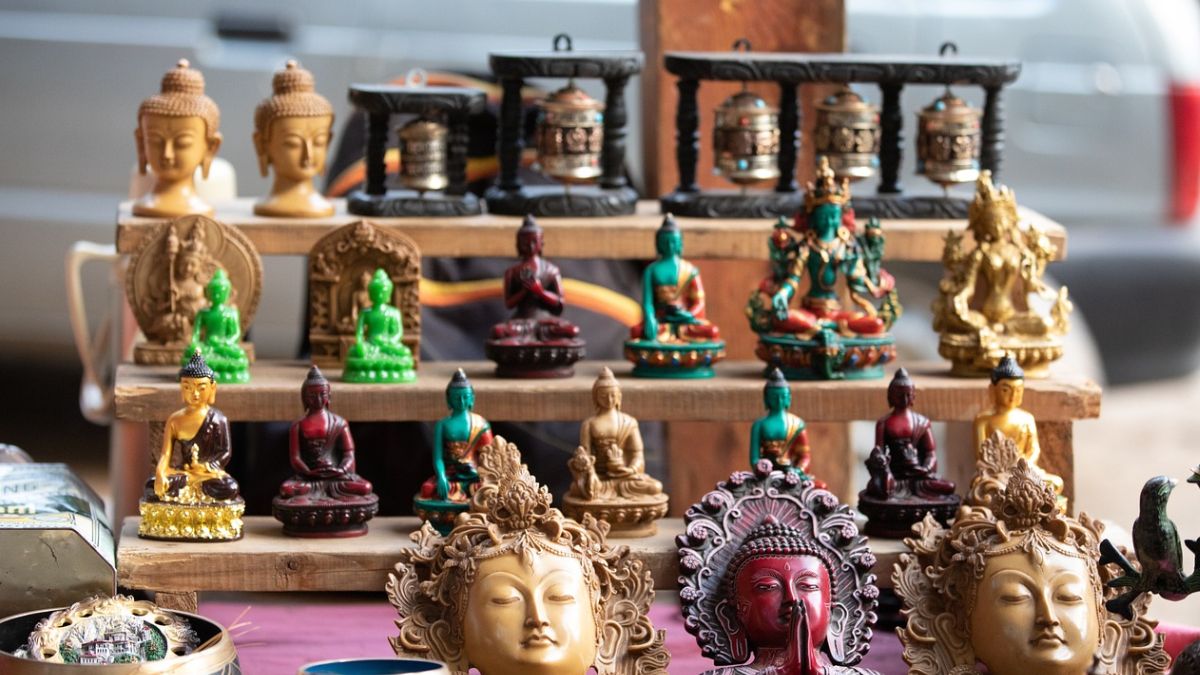
Practical Information
Visa: A visa is required for entry into Bhutan. Obtaining one requires booking your trip through a registered tour operator, who will handle the visa application process.
Currency: The Ngultrum (Nu) is the official currency, pegged to the Indian Rupee (INR). While ATMs are available in major towns, carrying cash is recommended for smaller towns and rural areas. US Dollars and Indian Rupees are also accepted in some tourist areas.
Transportation: Domestic flights connect Paro to other major towns, while shared taxis and buses offer budget-friendly options for intercity travel. Renting a car is not readily available for tourists due to the country’s focus on sustainable travel practices.
Accommodation: Options range from luxurious eco-lodges nestled amidst stunning landscapes to traditional guesthouses and homestays. Choose your accommodation based on your travel style, budget, and desired location. Booking in advance, especially during peak season (March-May and September-November), is recommended.
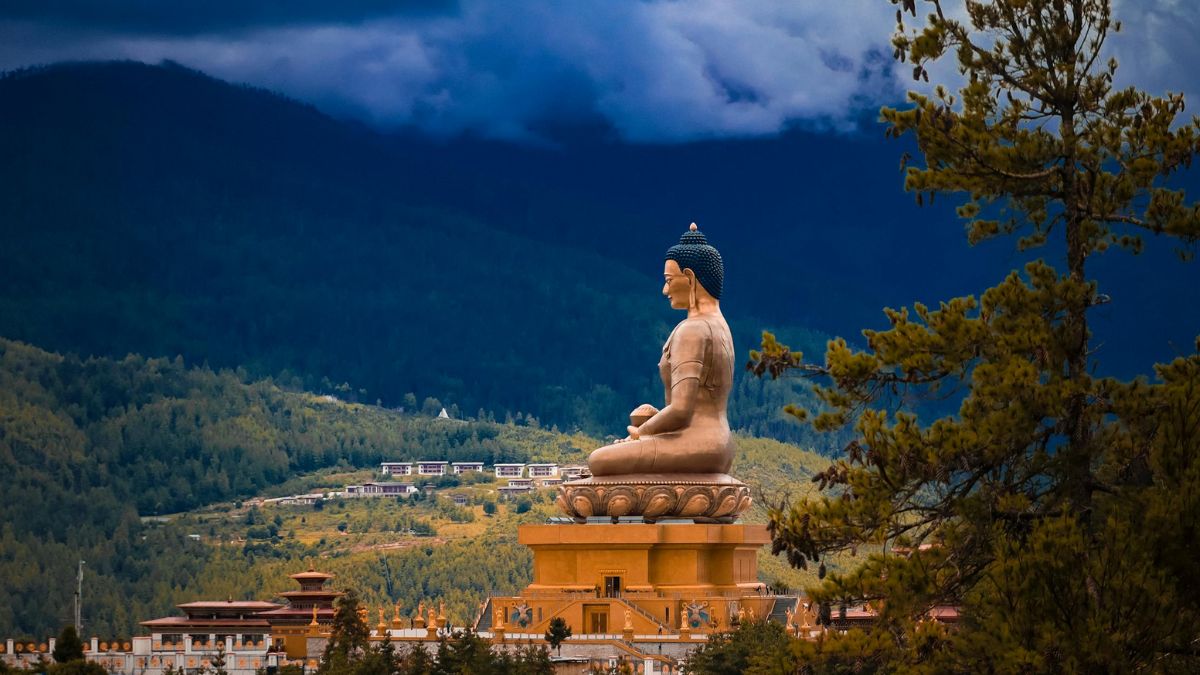
Additional Tips
- Pack layers of clothing, as the weather can vary depending on the altitude and time of year. Waterproof gear is essential for trekking and exploring during monsoon season (June-August).
- Bring a reusable water bottle and avoid single-use plastics, aligning with Bhutan’s commitment to sustainability.
- Tipping is not expected but appreciated for good service in restaurants and for tour guides.
- Purchase travel insurance to cover unforeseen circumstances.
- Download offline maps and essential apps for remote areas where connectivity might be limited.
- Respect the environment and practice sustainable tourism principles. Dispose of waste responsibly, avoid littering, and minimize your environmental footprint.
Ready to embark on your Bhutanese adventure? Whether you seek exhilarating hikes through breathtaking mountains, cultural immersion in a unique Buddhist society, or a chance to experience a country prioritizing sustainability and well-being, Bhutan promises an unforgettable experience. Use this guide as a starting point, research further based on your interests, and prepare to be captivated by the majestic landscapes, rich cultural heritage, and the warm hospitality of the Bhutanese people.
Remember, responsible tourism and respect for local customs are key to experiencing the true essence of the Land of the Thunder Dragon.
Bonus Tip: Learn a few basic Dzongkha phrases, like “Tashi Delek” (Hello) and “Tashi Delek Shedra” (Thank you). It helps you to connect with locals and demonstrate your respect for their language and culture. This small gesture can go a long way in enriching your Bhutanese experience.
